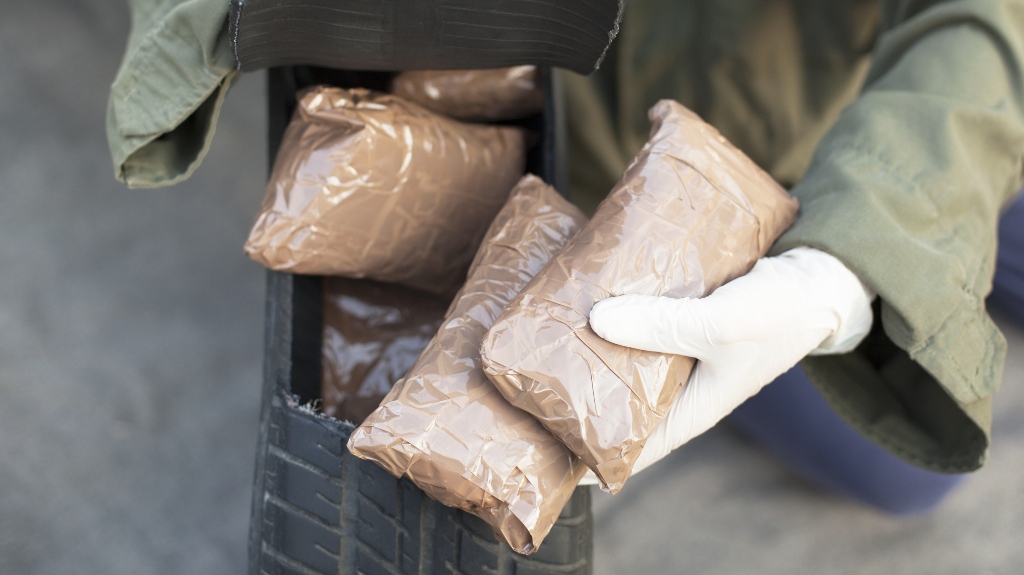Interstate drug possession is a serious offense with far-reaching consequences. Individuals caught with controlled substances while crossing state borders may face severe penalties due to the complex interplay of federal and state laws. Understanding the potential repercussions before making a risky decision is important. Here are some key points regarding the grave implications of crossing state lines with drugs.

Federal Jurisdiction and Interstate Drug Trafficking Laws
Transporting drugs across state lines brings federal jurisdiction into play since the offense often involves violations of federal drug trafficking laws. Prosecutors at the federal level pursue drug possession cases aggressively, taking into account several factors to determine the severity of potential consequences, such as:
- The type and quantity of drugs involved
- The defendant’s criminal history
- The individual’s role in the drug operation
Federal drug possession cases may also trigger mandatory minimum sentences, resulting in lengthy prison terms, even for first-time offenders. Also, defendants might face asset forfeiture, where property or assets linked to drug trafficking activities are seized.
Extradition and Bail Challenges
Crossing state lines with drugs introduces a few issues with extradition and bail procedures. If the defendant was arrested in a state where the alleged drug possession offense did not take place, they may face a lengthy extradition process. As a result, that can lead to extended periods of detention before facing charges in the correct jurisdiction.
Additionally, bail conditions tend to be stricter in interstate drug possession cases due to concerns about flight risk since the defendant may have ties to another state. These issues can prolong detention and create hurdles in securing pretrial release.
Different State Drug Laws
States vary in their treatment of drug possession, including the classification of drugs, penalties, and potential defenses. What may be a misdemeanor or decriminalized drug in Ohio could be a felony offense in Indiana or another state.
Some problems can occur when defendants are arrested in states with stricter drug possession laws than where they initially possessed the drugs. In these situations, the cases may be prosecuted under the more stringent state laws, resulting in harsher penalties compared to being arrested in the state of possession.
Transportation of Controlled Substances Across State Lines
Unwittingly carrying controlled substances across state borders can lead to charges as well. For instance, individuals traveling with others possessing illegal drugs may face arrest and drug possession charges, even if they were unaware of the drugs’ presence.
In these cases, the “knowledge” aspect can be important, especially as some defendants may want to claim a lack of awareness for their defense. Proving a lack of knowledge can be challenging since prosecutors may argue that the defendant should have been aware of the drugs’ presence.
Get Assistance with Your Ohio Drug Possession Case
Interstate drug possession cases present intricate legal challenges and severe consequences for those involved. Federal charges, extradition issues, various state laws, and jurisdictional complexities can create an overwhelming and stressful situation for any defendant.
Individuals charged with crossing state lines with drugs should seek immediate legal help from experienced attorneys who understand both federal and state drug laws. A skilled legal defense can help navigate the complex legal landscape and strive for the best possible result in the case. At Hunt Law LLC, we have been able to successfully defend individuals who have been accused of drug possession crimes in Ohio. To arrange a free consultation, please contact us at 330-469-9836.